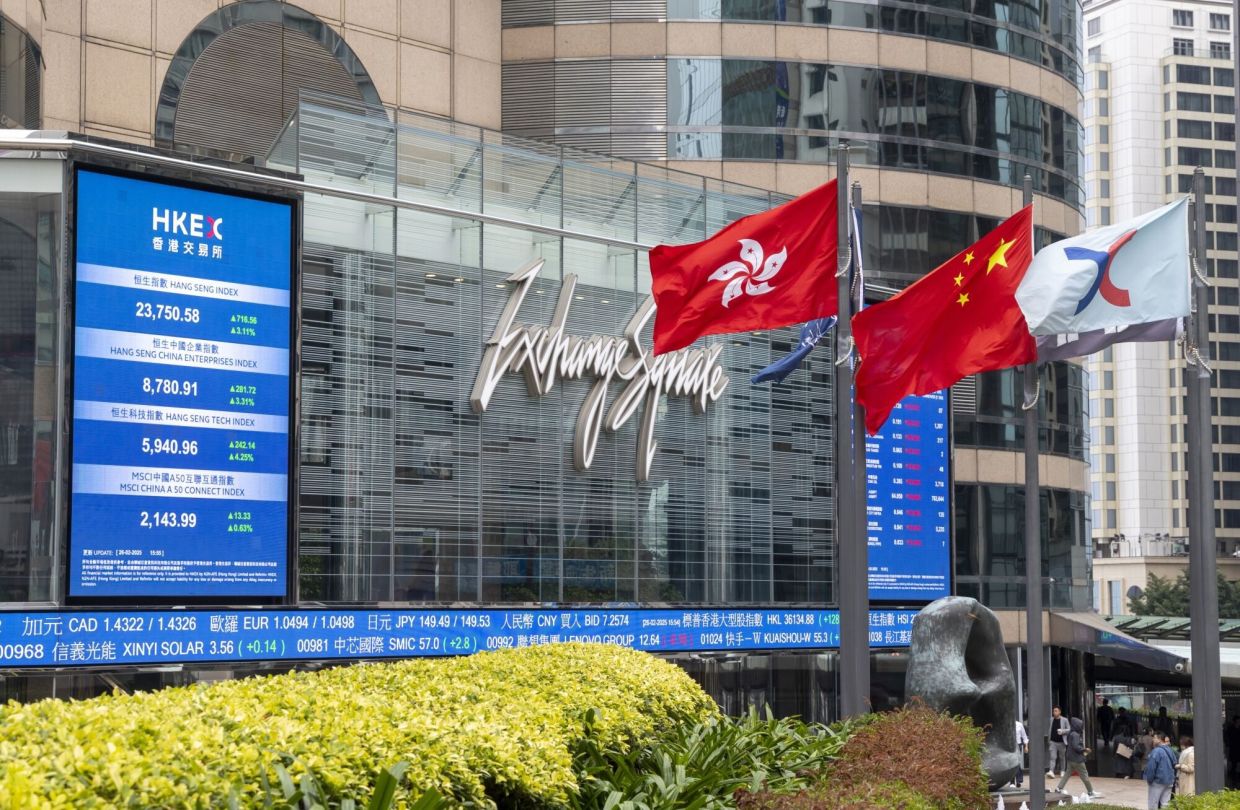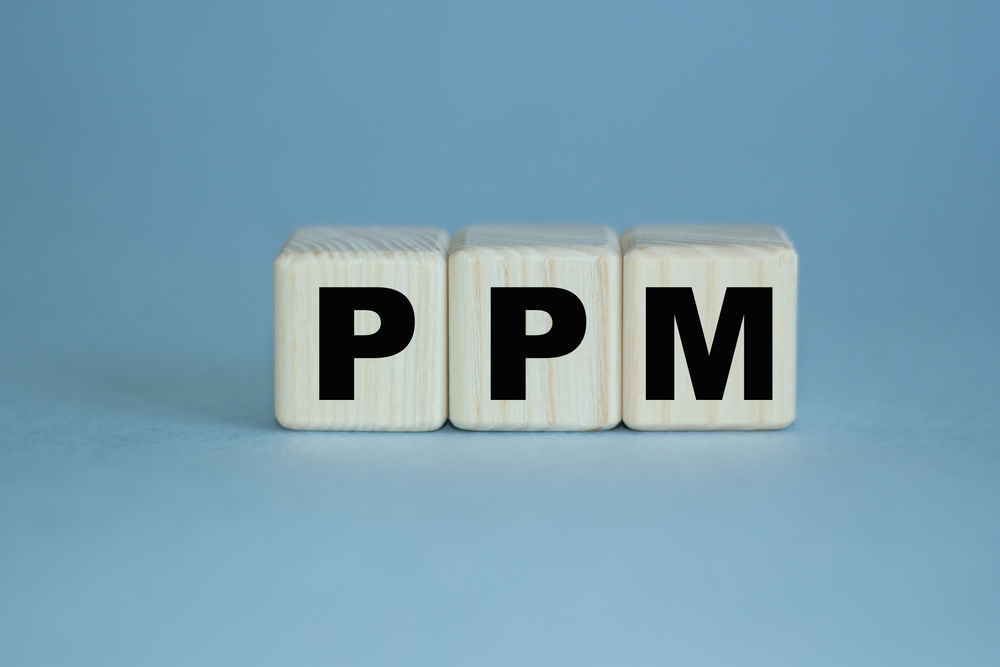In an era where a mobile app can go viral in Tokyo hours after launching in Toronto, and a Netflix series from Seoul can top charts in São Paulo, global expansion has become the lifeblood of modern businesses. But here’s the catch: translating your product into 15 languages or dubbing your ad for 30 markets isn’t just about linguistics—it’s a legal minefield where one wrong step can cost millions. From mistranslated contracts to uncredited voice actors, the path from monolingual to multilingual is littered with copyright landmines. Let’s unpack why these issues arise and how to navigate them.
The Translation Trap: When Words Become Legal Battlegrounds
Translation might seem like a straightforward task—swap “hello” for “hola” or “nihao”—but legally, it’s far more complex. Under the Berne Convention, a landmark international treaty signed by 177 countries, creators automatically hold exclusive rights to translate their work. That means if you’re adapting a marketing script, a software interface, or even a product manual into another language, you need explicit permission from the original copyright holder.
Consider this: A U.S. tech startup decides to launch its fitness app in Germany. The app includes a 10-page guide on workout science, originally written by their in-house team. Assuming “it’s just translation,” they hire a freelance translator on Fiverr to localize the guide. Six months later, they’re hit with a lawsuit. Why? The original guide’s copyright rests with the startup, but the German translation? Under German copyright law (Urheberrechtsgesetz), translations are considered “derivative works” with their own copyright—unless the translator signs a work-for-hire agreement. The freelancer, now claiming ownership of the German text, is demanding royalties for every download in the EU.
This scenario isn’t rare. Many businesses conflate “translation” with “copying,” forgetting that linguistic adaptation often involves creativity: adjusting idioms, rephrasing for cultural relevance, or even restructuring content to fit local norms. These tweaks can tip a translation into the realm of derivative work, requiring clear licensing terms. The Berne Convention’s Article 8 reinforces this, stating that translators hold copyright in their versions unless explicitly transferred—a detail easily overlooked in rushed global launches.
Dubbing Dilemmas: When Voices Hold Legal Weight
If translation is a minefield, dubbing is a labyrinth. Dubbing isn’t just replacing words; it’s performing. A voice actor’s intonation, pacing, and emotional delivery add a layer of artistic expression—one that’s legally protected in most countries.
Take the case of a French animation studio that licensed its children’s show to a Brazilian broadcaster. The studio hired local voice actors to dub the dialogue but used a generic contract that only specified “payment for recording services.” When the show became a hit and the broadcaster started selling merchandise featuring the dubbed characters’ voices, the voice actors sued. Brazilian law recognizes “voice rights” as part of performers’ intellectual property, and since the contract didn’t explicitly transfer commercial usage rights, the court ruled in favor of the actors. The studio had to pay retroactive royalties and renegotiate terms, delaying their expansion into other Latin American markets.
The core issue here is defining what “dubbing rights” actually cover. Does the license include streaming, broadcast, or merchandise? Is it limited to a specific country or global? Does it expire after two years, or is it perpetual? Professional voice actors’ unions, from SAG-AFTRA in the U.S. to Equity in the UK, have strict guidelines: their members’ contracts must spell out usage scope, duration, and compensation for each territory. Skirting these details doesn’t save time—it invites litigation.
Why Amateur Solutions Fail: The Limits of DIY
Many businesses try to cut corners with in-house teams or unvetted freelancers, assuming legal compliance is “just paperwork.” But copyright law varies wildly by region, and ignorance isn’t a defense.
In Japan, for example, moral rights (including the right to be credited) are inalienable under the Copyright Act—even if a translator signs over economic rights, they must be named in the final product. Fail to do this, and you could face fines or forced recall of your product. In India, meanwhile, the Copyright Act 1957 requires that translations of literary works include written permission from the original author, stored with the publisher for five years. A casual “sure, go ahead” over email won’t hold up in court.
Amateur translators or dubbing teams rarely grasp these nuances. They might not know to check if a client has the right to translate a work in the first place, or they might assume “worldwide rights” are standard when, in reality, most licenses are territorial. This is where the cracks appear: a missed clause in a contract, an unlicensed adaptation, or a misinterpreted local law can turn a successful launch into a legal nightmare.
The Professional Advantage: Why Specialized Firms Matter
This is where specialized language service providers (LSPs) step in—not just as translators or dubbers, but as legal navigators. These firms don’t just speak 40 languages; they speak copyright law.
A reputable LSP will start by auditing your existing IP: Do you have explicit translation rights from the original creator? If you’re adapting content (say, turning a blog post into a video script for China), do your licenses cover derivative works? For dubbing, they’ll draft contracts that specify whether you’re buying full ownership, limited regional rights, or usage for a set period—all tailored to local laws.
Consider how a U.S. e-learning company expanded to France with an LSP’s help. The company’s courses included video lectures, which needed French dubbing. The LSP confirmed the original lecturers’ contracts allowed dubbing, then worked with French voice actors under a contract that transferred copyright to the company while ensuring the actors received statutory residuals for educational use—a requirement under French labor law. Without this, the company could have faced claims from both the original lecturers and the dubbers.
LSPs also stay ahead of legal shifts. When the EU’s Digital Single Market Directive updated copyright rules in 2019, requiring clearer licensing for cross-border digital content, top firms adjusted their workflows overnight. An in-house team, juggling daily tasks, might miss such updates until it’s too late.
Conclusion: Compliance as a Growth Tool
Global expansion isn’t just about reaching new audiences—it’s about respecting the legal frameworks that protect creators worldwide. Translation and dubbing aren’t afterthoughts; they’re integral parts of your IP strategy.
By partnering with professionals who understand both linguistics and law, you’re not just avoiding lawsuits—you’re building trust. Audiences notice when content is thoughtfully localized, and creators appreciate when their rights are honored. In the end, navigating these legal pitfalls isn’t just about compliance. It’s about doing business the right way—one word, one voice, at a time.











